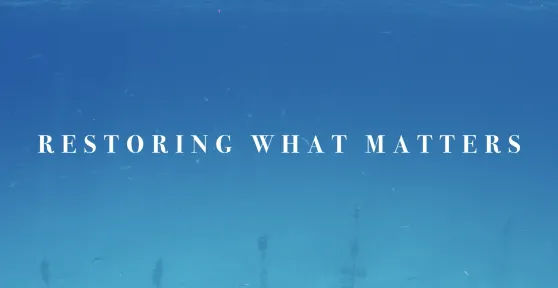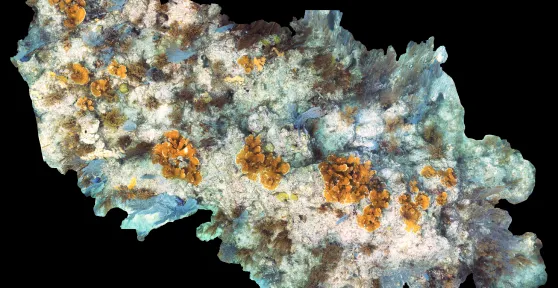The global extinction of an entire habitat has been an unprecedented event, never occurring within recorded human history. However, it is rapidly becoming our reality as human driven activity severely threatens the health of coral reefs, causing them to become an increasingly threatened ecosystem.
While we have unfortunately seen the localized extinction of habitats occur sporadically across the globe, we have no idea what the outcome may bring. This recorded loss in habitat may allow us to predict some of the consequences of a world-wide loss of an ecosystem, as past local extinction events have allowed us to observe and gather data on the consequences and fallout from the removal of habitats. The palpable threat of a complete disappearance in coral reefs becomes more of a possibility as human technological advances reach unsustainable levels.
Just like many of Earth’s other natural processes, coral reefs play an integral part in multiple different environmental systems, some of which seemingly have no correlation to each other.
The most apparent being the vast amount of marine life, ranging from microscopic organisms to megafauna, dependent on coral reefs for survival. But what may not be as obvious is that many land systems rely on them too, including coastal habitats such as the mangroves. The global loss of reef habitats would have catastrophic repercussions, not just for organisms that directly rely on the reef but also on those that indirectly benefit from it.
Humans alone would face disastrous ramifications from the loss of coral. Over half a billion people globally depend on fish from reefs as their main source of protein in their diets. Economic markets rely on the fishing industry stemming from the fish populations sustained by the reefs. The economic and social implications of loss of these systems will be devastating to the people reliant on them, inevitably resulting in a collapse in societal function for many of these cultural civilizations revolving around the marine habitat.
In the Florida Keys, many individuals rely on the health of Florida’s Coral Reefs for their livelihoods. Dive shops and fishing charters directly depend on coral reefs for successful economic function. On a more indirect level, these businesses also support the surrounding market, benefiting the local economy outside of the reefs. This can be seen through the attraction of tourists to restaurants, shops, lodgings, or through the transactional relationships between the employees themselves. The loss of Florida’s Coral Reefs would lead to a massive loss in marine tourism, wounding a large tourism sector of the Florida Keys.
Another significant financial concern of coral reef loss can be seen in the destruction of human-built coastal infrastructure. The barrier reefs serve as a natural protection to shorelines, providing first-line defense to man-made infrastructure. Reefs have also provided protection against shore erosion and property damage, dispersing highly dangerous wave energy to a non-damaging level. The progression of reef degradation over
time has already seen great effects on the coastal shoreline of multiple different locations around the world, and complete removal of barrier reefs will have severe negative shockwaves in both economic and livelihood terms.
It is important to recognize that it is not just human civilization that will feel the consequence of the extinction of coral reefs, but the massive chain reaction will take place in the event of such a large-scale loss.
A disruption of numerous different environmental processes within the ocean. Marine life dependent on the reefs will cease to exist because of a loss of their habitat; species that rely on this marine life will also see a decline as their main source of food is decimated. Species that rely on reefs during any part of their life history cycle will see a massive disruption in critical life stages, endangering their abilities to survive. Some studies have even shown that larger animals will decline at a much more rapid rate than smaller animals because larger individuals rely heavily on the population of smaller, coral dependent species as a main diet source. This means animals not typically found on reefs will still be impacted by this habitat’s extinction due to interconnected food-webs.
The occurrence of the Fourth Global Bleaching Event has brought to attention that heatwaves will become more commonplace. This is an irrefutable and unfortunate fact, as sweltering temperatures become the new and prolonged standard, undermining critical reef processes and jeopardizing connected systems with it.
The fight to save coral reefs becomes increasingly necessary as anthropogenic driven factors add on to pressures facing coral survival. It is becoming more apparent the need for human intervention as the threat of coral extinction becomes a prevalent issue. Restoration practices and techniques deployed in helping corals can ease negative drivers threatening reefs, but large-scale global change is required to protect this essential habitat.




